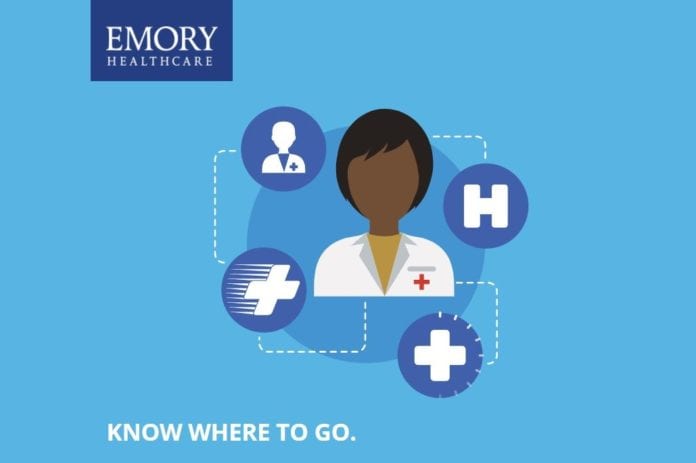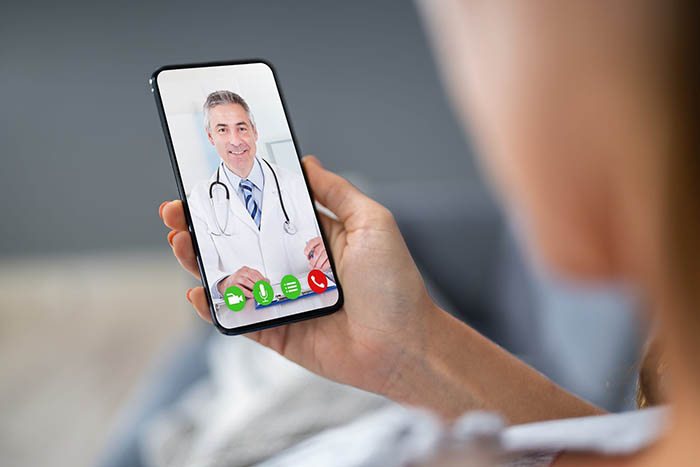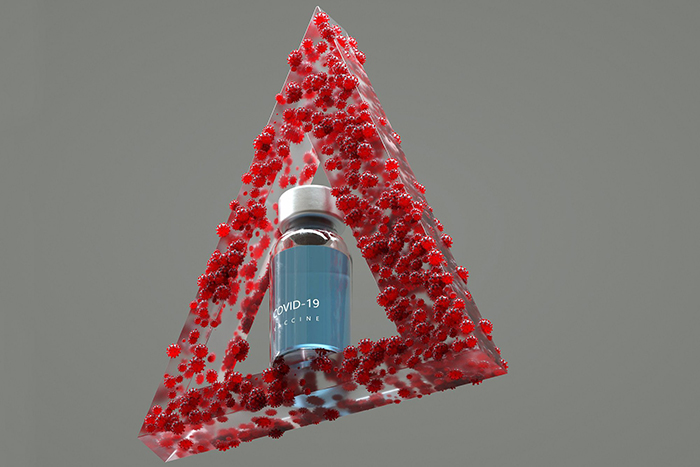Convalescent plasma is human plasma collected from individuals who have recovered from an infection.
How does convalescent plasma treatment work?
In the case of COVID-19 infection, convalescent plasma should contain anti-SARS-CoV-2 antibodies. Antibodies are special proteins that the body generates to fight infection.
Whom does it help?
In theory, convalescent plasma should help patients with COVID-19 infection clear the virus. The limited current data suggest the largest clinical benefit is associated with “high-titer units” (units with high concentrations of anti-SARS-CoV-2 antibodies) administered to COVID-19 patients early following infection.
What is a titer?
A titer is a way to express the concentration of a substance. Concerning convalescent plasma, the higher antibody titer indicates a greater concentration of antibody.
What are the risks?
In general, plasma transfusion is considered safe. The most common side effects are mild allergic reactions such as hives or itchiness (1-3%). As with all blood products, there is a low risk of transfusion-transmitted infection; however, the odds of contracting viruses such as HIV or Hepatitis C are approximately 1 in 2 million. More serious adverse reactions include TRALI (Transfusion Related Acute Lung Injury, approximately 1 in 5,000) and anaphylactic (severe allergic reaction requiring immediate treatment) reactions (approximately 1 in 20,000-50,000).
Moreover, the administration of passive antibodies can suppress the recipient’s humoral (extracellular body fluid) immune system from generating pathogen-specific antibodies, thereby leaving the recipient susceptible to reinfection.
What is Emergency Use Authorization (EUA)?
EUA authority allows the FDA to help strengthen the nation’s public health protections by facilitating the availability and use of specific treatments and strategies needed during public health emergencies. In the case of COVID-19, the current EUA allows for the widespread use of convalescent plasma without the need to obtain an emergency IND (investigational new drug) or to be enrolled in a study.
What makes a donor suitable?
Donors with a robust antibody response with high titers would, in theory, be considered to be ideal donors. From the limited data available, patients who have moderate-to-severe disease are thought to generate more robust antibody responses and, in turn, have higher titers.
Who is qualified to donate?
Donors must have been infected with SARS-Cov-2 and have laboratory evidence of antibodies. Also, they must meet all of the general donor eligibility criteria for blood donation.
How are donations made?
In the Atlanta area, blood centers such as Lifesouth, the American Red Cross, and Atlanta Blood Services are all registered with the FDA to collect and distribute convalescent plasma..
How effective is convalescent plasma?
Unfortunately, there is only limited data on the efficacy of convalescent plasma at this time. In the context of COVID-19, it is believed that convalescent plasma is most effective when convalescent plasma contains higher titers of antibodies and is given early in the course of infection.
Is there good evidence that supports the use of convalescent plasma for COVID-19 infection?
No. To date, there has not been conclusive data from randomized controlled trials, which are the desired studies when assessing a new drug or treatment. Most of the data supporting the EUA comes from a non-randomized study that has not been peer-reviewed. Even this study only demonstrates some benefit in specific subsets of patients. The FDA has made it clear that the evidence is not strong and that convalescent plasma should not be considered as a standard treatment for COVID-19 infection.




